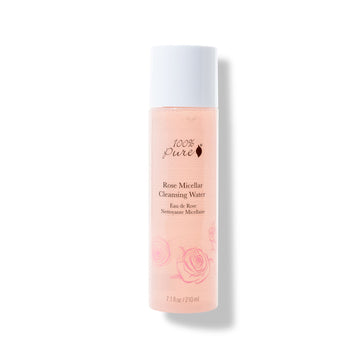Highlighting our top picks for plant-based, gentle, and skin-soothing cleansing waters
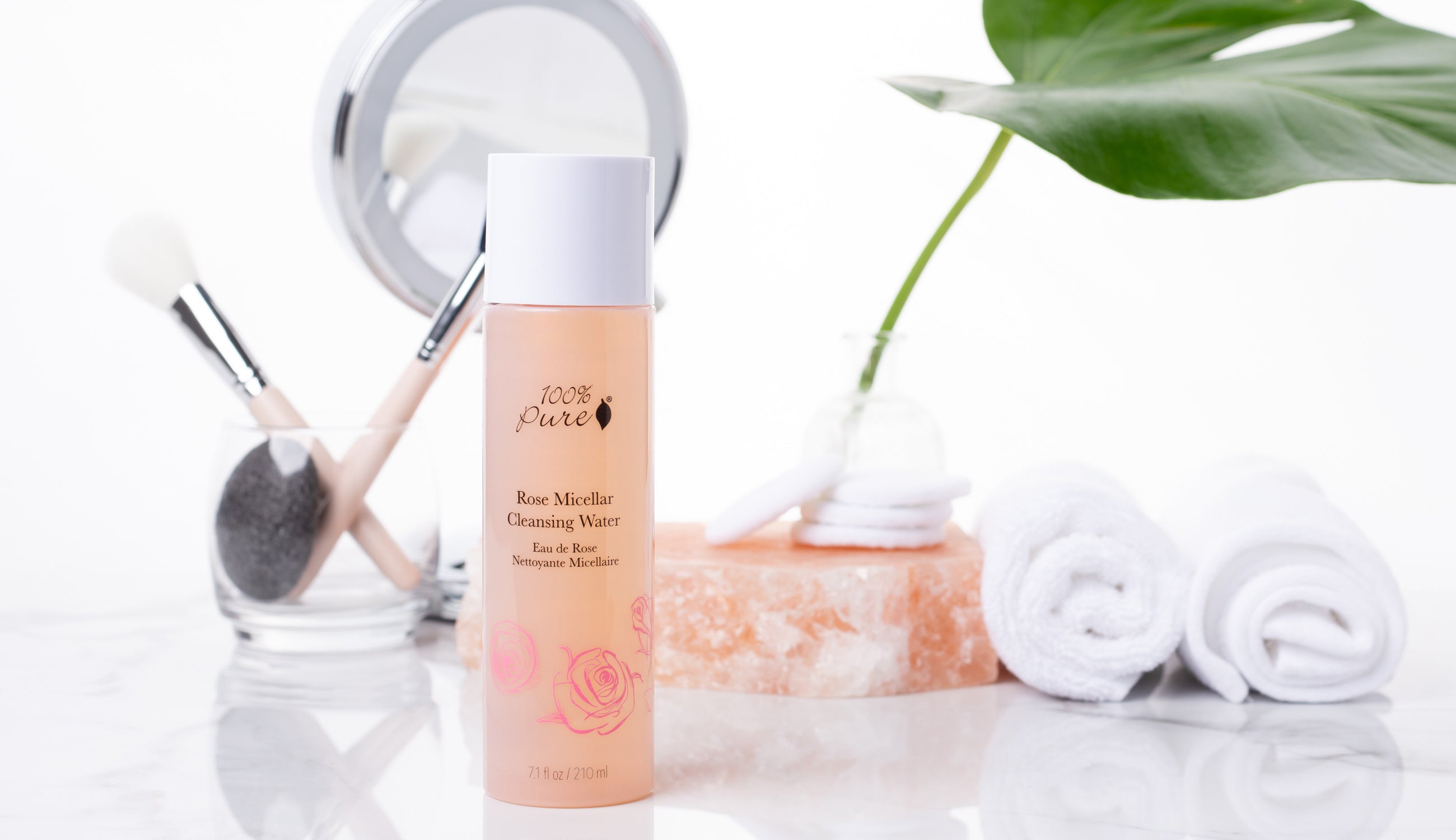
Cleansing waters are super-light, often plant-based skin care formulas that can be used to cleanse, hydrate, and tone your skin. In this post, we’ll run through some of our favorite cleansing waters, from rejuvenating rose water to calming cucumber hydrosol. As natural and alcohol-free alternatives to conventional cleansers, these pure cleansing waters can work wonders for any skin type!
Botanical Waters Vs. HydrosolsThe term hydrosol refers to a distillate, or a distilled essence of a given ingredient, which can be produced during the same distillation process that’s used to make essential oils. They’re not as concentrated as essential oils (and are therefore gentler on your skin), but they’re packed with some of the same benefits.
In contrast, botanical waters are made by infusing water with essential oils. They tend to be less potent than hydrosols, and they’re more likely to vary in quality.
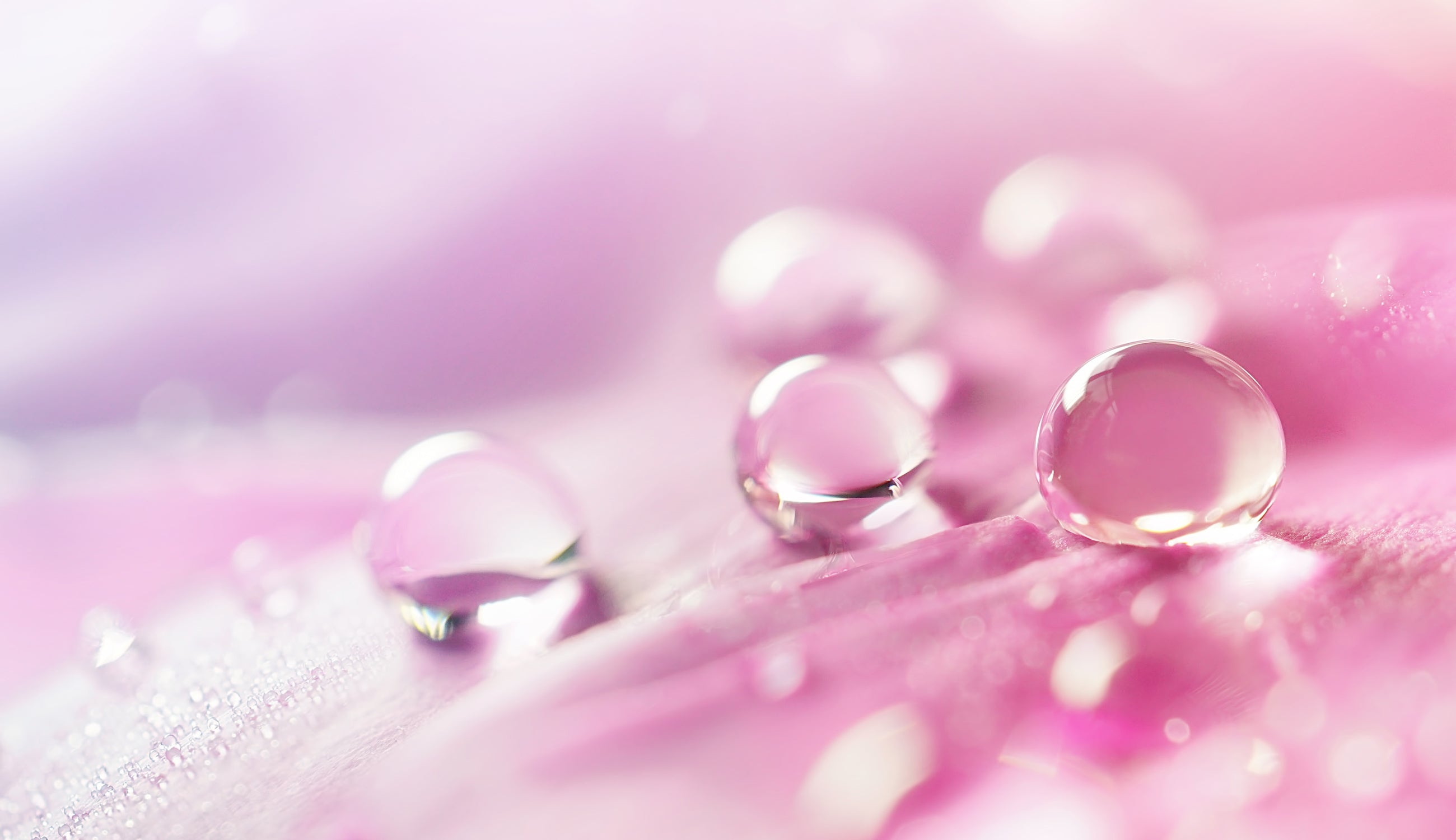 Micellar Waters
Micellar Waters
Micellar water is an oil-free face cleansing water that removes makeup, oil, and other debris. Simple to use and easy on your skin’s natural barrier, micellar-water is a skin-healthy option for everyday cleansing.
The science behind micellar water is more interesting than you might think: the formula contains tiny molecules called surfactants, which are attracted to both oil and water. Water and oil normally repel each other, making water less than ideal when it comes to cleaning oil from your face. The beauty of these surfactants is that they can scoop up oil from the surface of your skin, and form clusters around these oil particles that prevent the water base of the micellar water from repelling them.
If you’re as keen on micellar water as we are, you can check out our previous post to learn more about this simple-but-genius product — including which skin types should be using it, how ours works, and more!
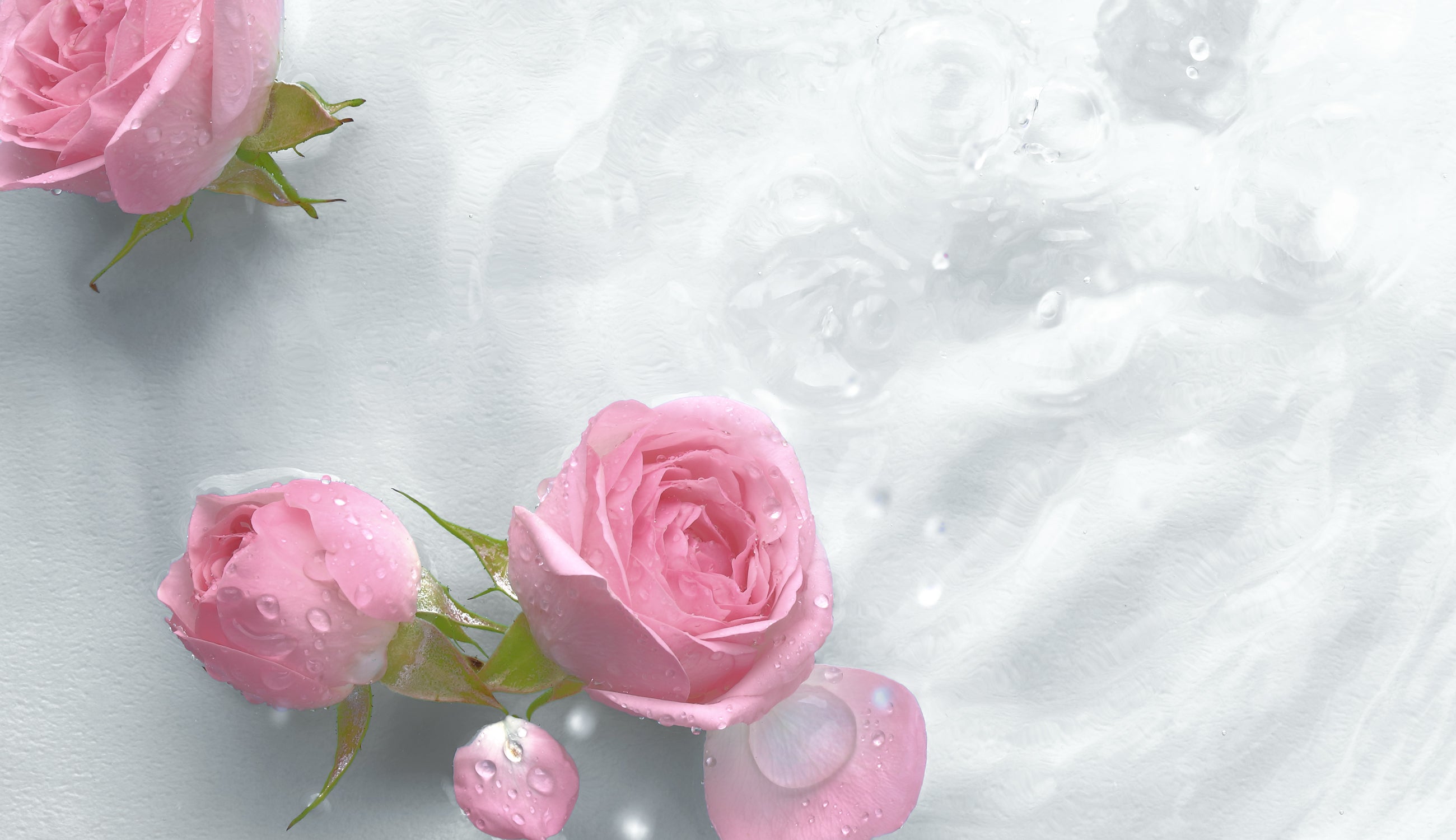 Rose Water
Rose Water
Rose water is practically a skin care celebrity, and has been used since the 10th century for both for internal consumption and topical application. As a truly multitasking botanical ingredient that’s gentle, antioxidant-rich, softening, and revitalizing, rose water can pretty much benefit all skin types.
-
Anti-inflammatory: Rose water has anti-inflammatory properties that can help to ease swelling, redness, and roughness.
-
Anti-aging: Rose water contains antioxidant vitamins A, C, and E, which can help to prevent harmful free radicals from damaging your skin tissue. Antioxidants can also help to boost collagen production and healthy turnover, promoting youthful, supple skin.
-
Antibacterial: Rose water can help to fight bacteria, lessening the occurrence of acne breakouts and skin infections.
-
Astringent: Rose water can also help to reduce excess oil, minimizing the appearance of large pores.
Our Rose Micellar Cleansing Water combines the benefits of micellar water and rose water. While micellar water removes oil, makeup, and other debris from your skin, rose water tones your pores, eliminates excess oil, and both softens and balances your skin.
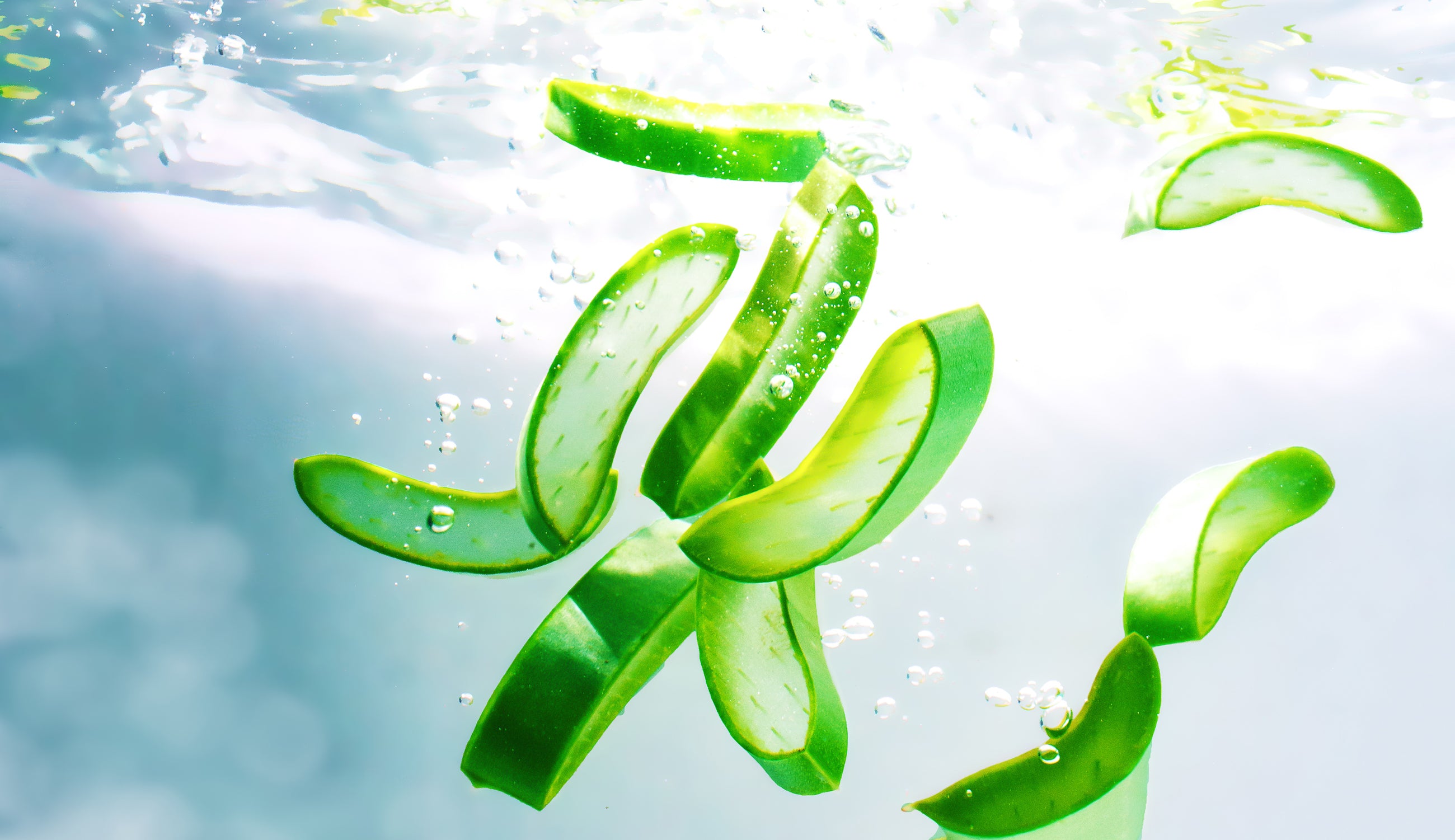
Recently seeming to have eclipsed its predecessor ‘aloe gel’, aloe water (also known as aloe juice) has been branching out in popularity for use in both mainstream and natural beverages and skin care treatments. Many moisturizing products are formulated with aloe water due to its restorative properties.
-
Hydrating: Aloe vera juice provides your skin with intensive hydration, boosting the strength and health of its natural lipid barrier.
-
Healing: The nutrients and fatty acids in aloe juice help to support your skin’s natural recovery process.
-
Pore support: Aloe vera conditions your skin without clogging your pores, making it an ideal natural moisturizer for people with oily or acne-prone skin.
-
Vitamin C content: Aloe vera juice contains plenty of vitamin C, which can help to promote collagen production and healthy cell function.
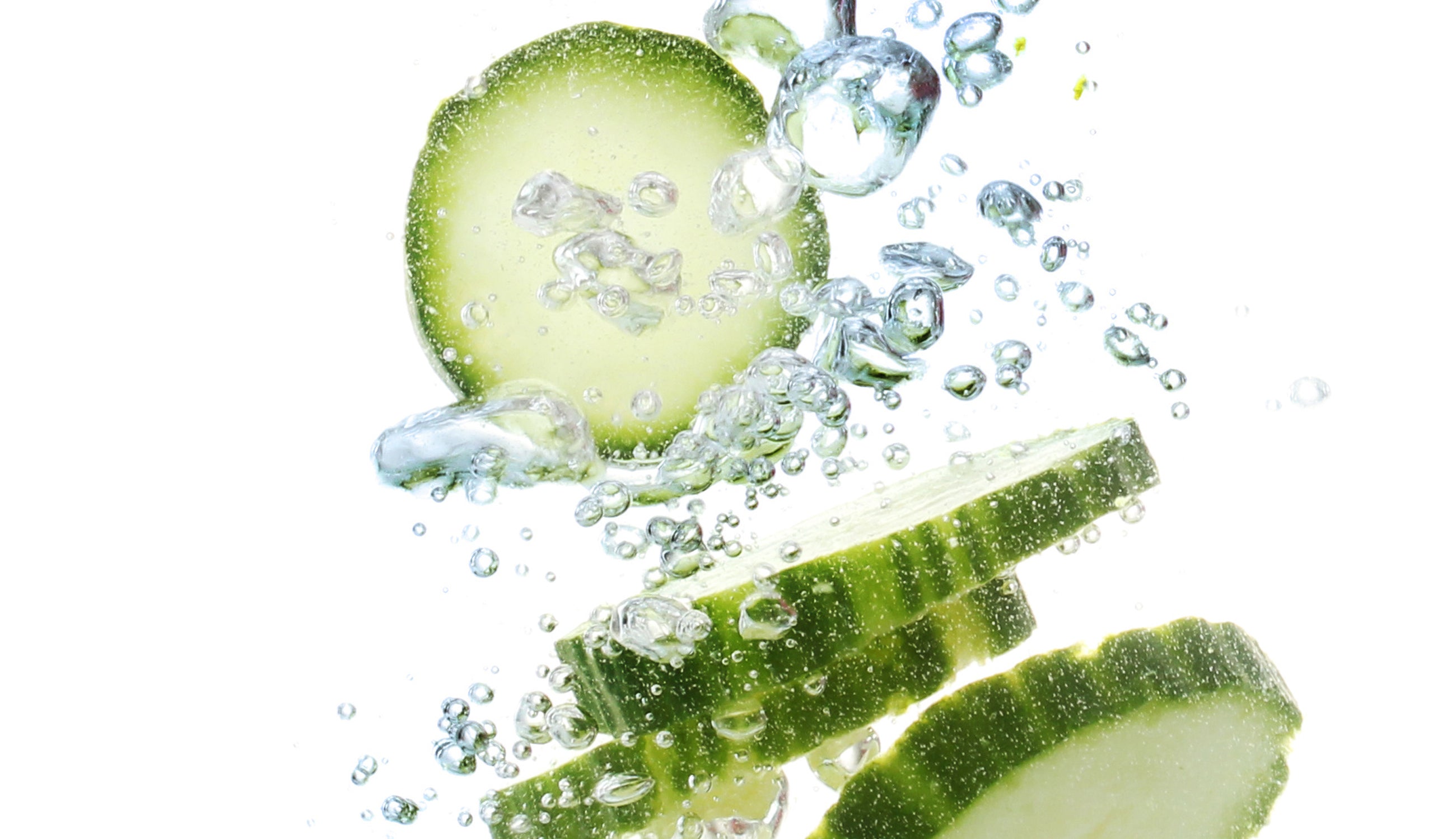 Cucumber Hydrosol
Cucumber Hydrosol
Cucumbers are turned into cucumber hydrosol via a steam distillation process that preserves, in large part, the cucumbers’ natural nutrient content. Not only is cucumber hydrosol packed with skin benefits, but you can also make it in your own kitchen!
-
Anti-inflammatory: Cooling cucumber helps to calm down inflammation, easing redness, swelling, and itchiness.
-
Vitamin and antioxidant-rich: Cucumber contains skin-healthy vitamins C and K, which help to support collagen production in aging skin tissue.
-
Hydrating: Most people know that cucumber can effectively hydrate your skin, but it’s also packed with magnesium and potassium, which can help your skin tissue to retain that hydration.
Native to Europe, the cornflower is a wildflower with natural benefits for both aging and prematurely aging skin. Cornflower water is especially beneficial for the eye area, due to its anti-inflammatory and soothing properties.
-
Anti-inflammatory: Cornflower water contains anti-inflammatory anthocyanins, which can help to calm swelling and redness.
-
Anti-aging: The anthocyanins in cornflower water also exhibit antioxidant properties; they can help to promote cellular renewal, fight the onset of skin aging, and counter skin damage from UV exposure.
-
Brightening: Cornflower water can also help to smooth and brighten your complexion.
The calendula flower is another herbal remedy that has traditionally been used to treat skin conditions, heal wounds, and calm rashes. Recently, its skin benefits have made it a popular ingredient in cleansing waters and toners.
-
Antiseptic and antifungal properties: Calendula water fights harmful bacteria and fungi in your skin tissue, making this cleansing water an excellent face wash ingredient for acne-prone or infection-prone skin.
-
Anti-inflammatory: Calendula also exhibits anti-inflammatory properties, which can help to fight redness and swelling, and to speed up your skin’s natural recovery process.
-
Damage control: Calendula contains flavonoids, which can help to fight free radicals and protect your skin from the aging effects of UV damage.
-
Balancing and toning: The linoleic acid in calendula can also help to balance oily and acne-prone skin, keeping your pores purified and healthy.
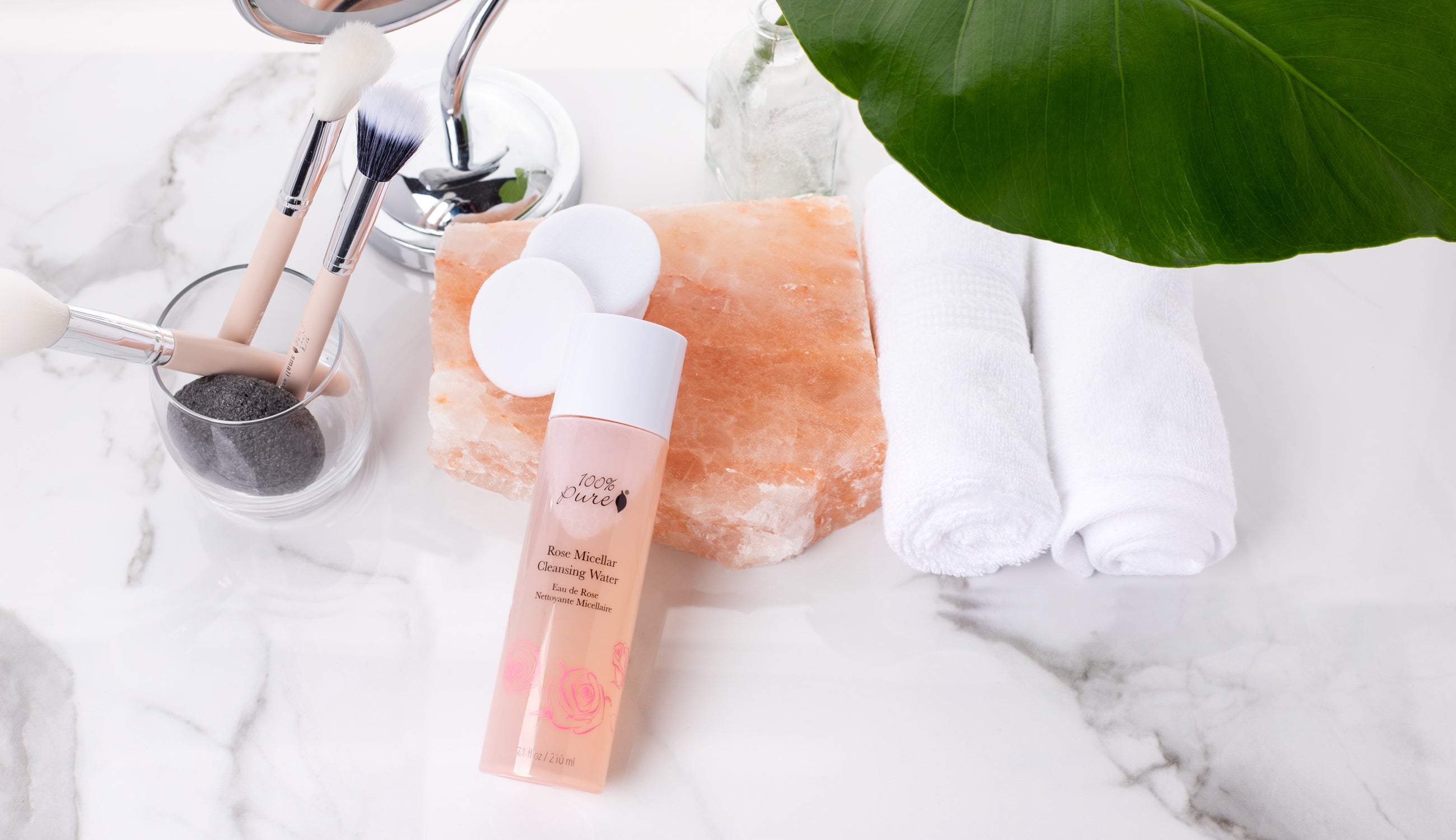 How to Use a Cleansing Water
How to Use a Cleansing Water
To use any of the cleansing waters above, soak a cotton ball in your cleansing water and gently swipe it over your entire face. If you’re wearing makeup, repeat the process until the cotton ball comes away from your face looking clean. After cleansing, we recommend that you rinse your skin in order to fully remove any leftover debris. However, the beauty of most cleansing waters is that they don’t technically need to be rinsed away, making them a great option for on-the-go skin care.
Cleansing waters are a gentle, typically oil-free (with the exception of micellars) alternative to conventional cleansers, and most cleansing waters are safe for sensitive and sensitized skin. If you tend to wear heavy makeup or sunscreen during the day, though, we recommend using micellar water rather than a plant-based water in order to make sure that you fully remove deep-set products.
- Tags: March-2019, Skin Care
We carefully hand-select products based on strict purity standards, and only recommend products we feel meet this criteria. 100% PURE™ may earn a small commission for products purchased through affiliate links.
The information in this article is for educational use, and not intended to substitute professional medical advice, diagnosis, or treatment and should not be used as such.


